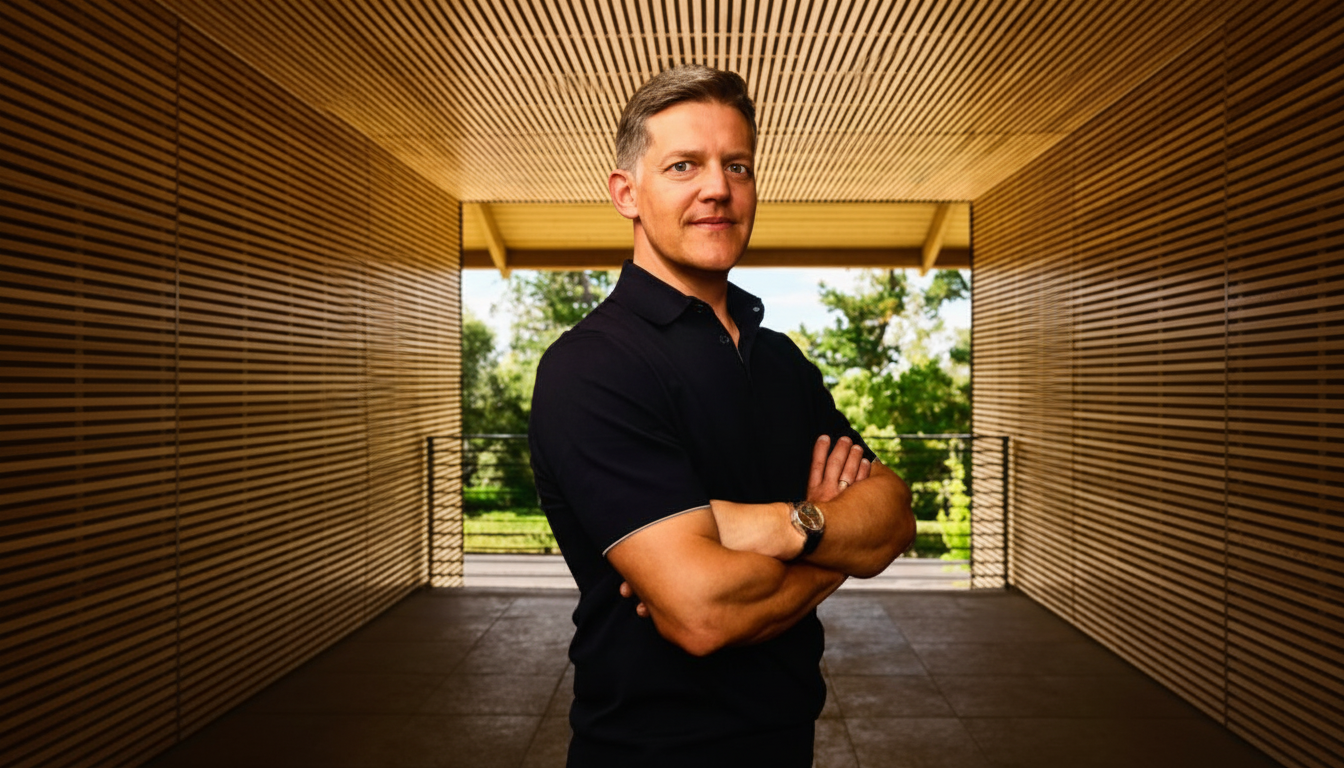Roelof Botha, a partner at Sequoia Capital who previously worked in venture capital and corporate finance before becoming an investor 15 years ago, is questioning a cherished assumption of institutional portfolio managers: that venture is just another investing category added to stocks and bonds as part of the asset classes that investors should hold with some target allocation.
In recent comments, he made the argument that venture is at its core a craft characterized by scarcity and power-law outcomes (and manager selection), as opposed to an “asset class” which scales predictably with more dollars.
- Botha Takes Issue With The Asset Class Classification
- A Market That Outpaced Available Opportunities
- Venture Returns Follow a Power Law Distribution
- Implications for LPs: Managing Concentration and Cycles
- Implications for Founders: Capital Discipline and Focus
- The Wild Card: How Innovation Depth Could Shift Outcomes

Botha Takes Issue With The Asset Class Classification
Institutions like endowments and pension plans all too often bucket venture capital as a spice of private markets, rotating their dials to tune investments up or down as if more sectors will yield some sort of guaranteed return. Botha argues the category shouldn’t be viewed as an asset class because performance isn’t evenly distributed among opportunities, or even managers. Most of the value is created by a small handful of companies, and there are simply not more of those companies to be had by purchasing more capital.
He describes the constraint as one of opportunity, not money. The universe of startups that can grow into durable, category-defining businesses is finite. In that universe, you can have too much capital — it drives competitive redundancy, increases burn, and stretches exit time frames out without proportionately increasing the underlying odds of creating sustainable franchise value.
A Market That Outpaced Available Opportunities
Botha points to the prevalence of firms. There are about 3,000 venture firms in the United States today compared with some 1,000 when he joined Sequoia two decades ago. Corollary: On that same time horizon, the tech canvas expanded enormously — from pre-smartphone to always-on mobile computing and cloud at global scale — but there are only so many truly significant outcomes.
By Mr. Greenfield’s count, the industry has produced on the order of 380 outcomes above $1 billion over 20 years, or about 20 a year on average. That’s meaningful, but it hasn’t grown proportionately with the explosion of capital, which peaked in 2021.
And data from industry trackers put U.S. venture investment at more than $300 billion that year before dropping off significantly in 2023 as rates ticked up and public markets repriced growth.
The mismatch between capital supply and scarce breakthrough opportunities is the crux of his argument: more funds and larger rounds don’t necessarily result in a greater number of outliers; they often dilute discipline and crowd around many of the same theses.
Venture Returns Follow a Power Law Distribution
Academic work and allocator research have long reported that venture returns are distributed according to a power law. Cambridge Associates has recorded significant dispersion by manager and vintage year, with top–quartile funds far outpacing the median. A review of two decades’ worth of commitments LP analysis found that most venture capital funds, after fees, underperformed public benchmarks, with extra returns concentrated in a minuscule group of managers.

This profile is very different from that of traditional asset classes in which broad exposure and rebalancing capture most of the premium. In venture, the heavy lifting is all about selection and access. For LPs, it could be a misnomer altogether to call it an “asset class” if that implies meeting the index is necessarily about adding more managers or chasing exposure. There is no good index you can buy and hold for venture success, as winners are rare, non-obvious, and path dependent.
Implications for LPs: Managing Concentration and Cycles
Botha’s position pushes institutions to see venture as a skill-oriented tactic and not just a quota. That will mean more selective manager concentration, bias for fitness, and handpicking across vintages to tame timing risk. It also makes the case for a higher re-up bar, more use of secondaries to fine-tune exposure, and readiness to hold dry powder when opportunities are scarce.
Practically, LPs might maintain target ranges but hold back from pro-cyclical waves of commitment. As investment booms throw valuations skyward, obscuring distinction even deeper, the expected multiple on invested capital contracts. The winners in those epochs tend to be companies that have the edge in company-building, not the ones that scale check-writing fastest.
Implications for Founders: Capital Discipline and Focus
Tech founders are quick to treat abundant capital as a point of competition. Botha’s argument is a warning that too much cash, too soon, can raise the bar for when a startup becomes profitable and ultimately invite unsustainable growth habits. Platform changes reward pace and product-market fit, but they can also penalize undisciplined burn. As the market re-set in 2023, platforms that raised aggressively in 2021 also saw repricing and more down rounds, according to cap table platforms and industry data firms.
Shortage of truly special companies also makes the case for more focus: building painkiller products, real unit economics, and defensibility. It’s those fundamentals, not round size, that dictate whether a company can graduate into the small set that moves the venture needle.
The Wild Card: How Innovation Depth Could Shift Outcomes
Could a new wave of breakthroughs enlarge the pool of “companies that matter” and blunt Botha’s critique? Possibly. Foundation model progress, AI-native apps, synthetic biology, and climate hardware all expose new surface area. But even in these areas, capital efficiency and compounding moats — not total funding — will separate enduring winners from the rest.
Botha’s bottom line is a bracing reset for an industry maturing since Webvan. The enterprise world will behave less as an asset class, and more as a scarce, high-skill strategy. For LPs and founders alike, that means investing in quality over quantity, edge over exposure, and time in the craft over timing the cycle.

